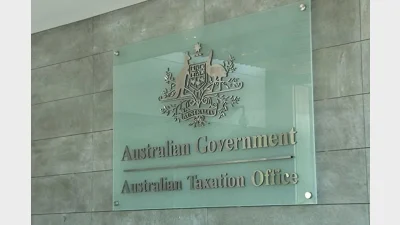Legal change to help victims of unpaid super



From 1 January 2024, superannuation is now included as an entitlement under the National Employment Standards (NES).
The change means employees have an enforceable right to super and give them the ability to take to court under the Fair Work Act to recover unpaid super, unless this has already actioned by the Australian Taxation Office.
The entitlement aligns with super laws so if an employer complies with the super guarantee (SG) then they also meet the NES obligations.
If an employee has failed to receive their super, they can make a complaint and report their employer to the ATO. They should first check if their employment is subject to an award or registered agreement that has extra terms.
Super has to be paid at least every three months into the employee’s nominated account.
Employees who are in the national workplace relations system because their state referred their powers to make workplace laws to the Commonwealth are not entitled to super under the NES. This broadly includes employees:
- In NSW, South Australia, Queensland, Tasmania, and Victoria who are employed by:
Sole traders
Partnerships
Other unincorporated entities
Non-trading corporations - In Victoria employed in the public sector
- In Tasmania employed in local government
Last year, the ATO said it recovered and paid $683.8 million to super funds and members after a crackdown on SG non-compliance.
During the financial year 2023, the ATO recovered over $1.1 billion in super guarantee charges (SGC), which occur when an employer does not pay super for their staff in full and on time.
The nearly $700 million distributed back to funds and individuals is a “direct boost to Australians’ retirement savings”, the ATO said, arising from unpaid super, compliance activities, and voluntary employer disclosures.
Recommended for you
While the Liberal senator has accused super funds of locking everyday Australians out of the housing market, industry advocates say the Coalition’s policy would only push home ownership further out of reach.
Australia’s largest superannuation fund has confirmed all members who had funds stolen during the recent cyber fraud crime have been reimbursed.
As institutional investors grapple with shifting sentiment towards US equities and fresh uncertainty surrounding tariffs, Australia’s Aware Super is sticking to a disciplined, diversified playbook.
Market volatility continued to weigh on fund returns last month, with persistent uncertainty making it difficult to pinpoint how returns will fare in April.











